
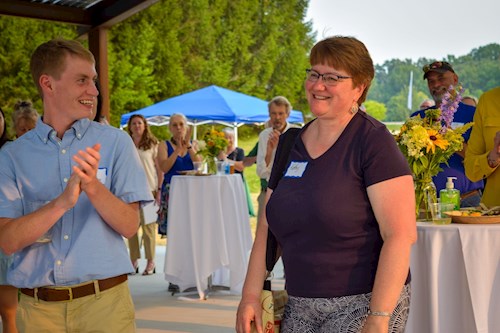
It’s been a pleasure to serve as a Climate Action Intern for these past three months. As a lifelong resident of Dane County, the work I’ve done has felt additionally rewarding as I am actively able to help the community that I call home transition towards a climate friendly future.
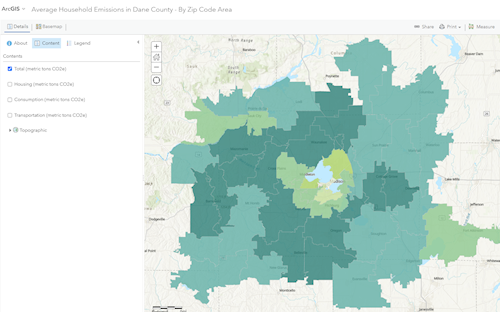
I’m really glad I got to spend my summer working with the Office of Energy & Climate Change (OECC). This internship has been fulfilling and it has taught me a lot about environmental work.
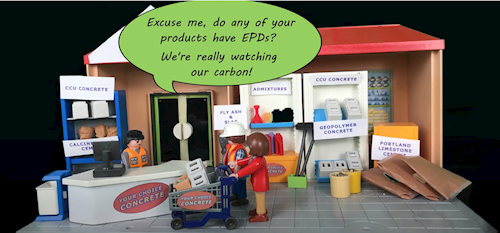
The vast majority of Dane County residents understand that climate change is happening. So what does it take to move folks to action? Local Girl Scouts are hoping that they can spur action by showcasing an issue we do not talk about a lot, the carbon embedded in our buildings.
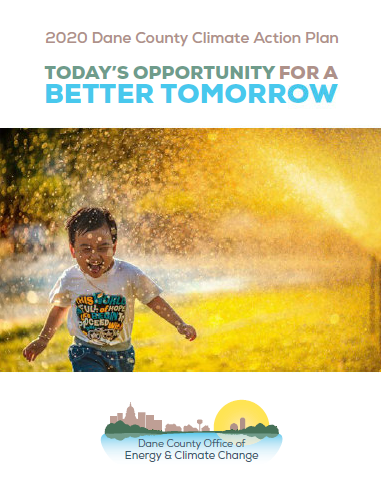
As our nation emerges from the pandemic, some folks are asserting that governments at all levels should get back to addressing the climate emergency. I hope local stakeholders understand that here in Dane County we never paused in our efforts to address the climate crisis. Even at the height of the COVID-19 pandemic, Dane County was making progress on its ambitious countywide climate agenda.
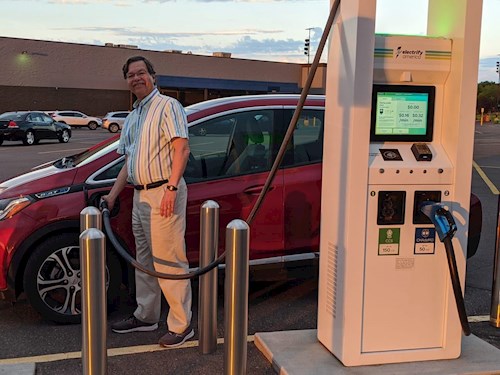
We spent a week and a half showing my sister from California around Wisconsin via a delightful pre-pandemic-style road trip (1,319 miles) in our electric vehicle (EV).
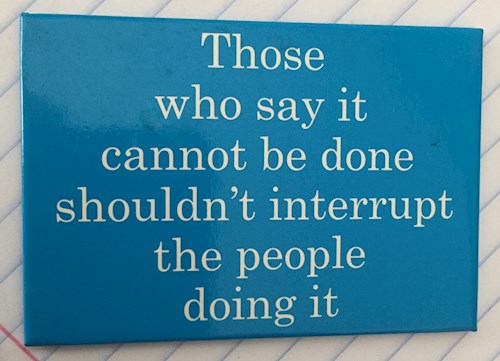
I have been thinking a lot lately about the pace of change. I think about how quickly the world shifted to wearing face masks to reduce the risk of COVID-19, about the speed at which a clever meme travels the internet.
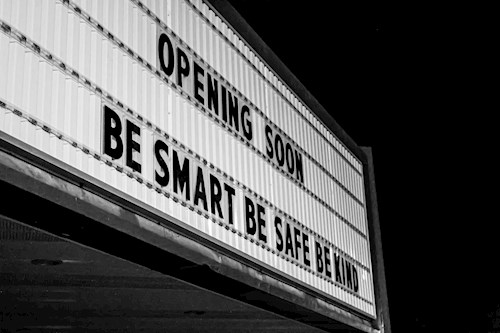
There is a lot of talk about the ‘new normal’ as we emerge from the COVID-19 pandemic. That “new normal” terminology is deliberate, recognizing that whatever happens next will be different from the pre-pandemic normal, the “old normal”.

Creating a science-based county-wide, economy-wide Climate Action Plan (CAP) that can get us on a path to deep decarbonization is a big task. Really. It's the sort of thing that can keep you up at night--trust me, I know. Luckily I didn't have to do this task alone. One of the great things about Dane County is the people and A LOT of people contributed to our soon-to-be-released CAP. In so many ways the CAP already belongs to the people of Dane County because so many people helped to create the CAP
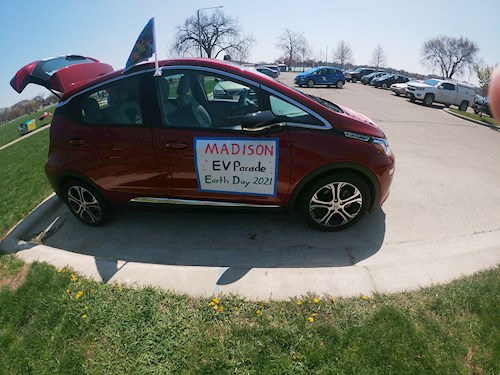
If every day is Earth Day then every day is an EV (electric vehicle) day in Dane County. Indeed, Dane County is home to more EVs than any other county in Wisconsin. And the local array of EVs were on full display at the Second Annual Earth Day EV Parade in Madison on April 22, 2021.

This Earth Day let’s embrace the numerous tools and activities available to address climate change. Yes, numerous. I’ve been thinking a lot about how some climate advocates are one-solution advocates.